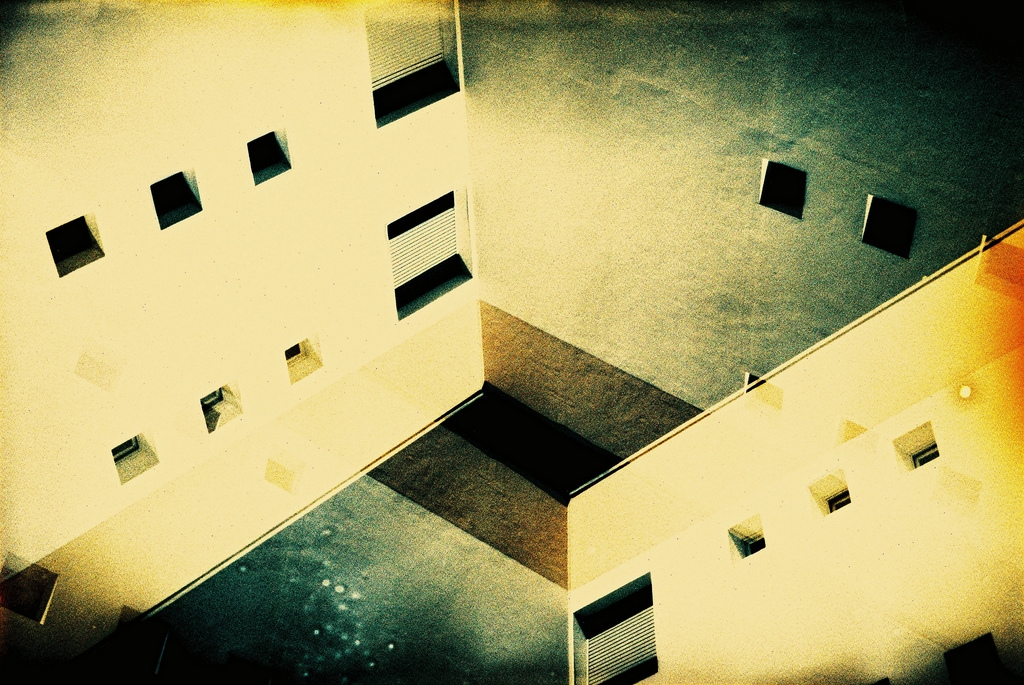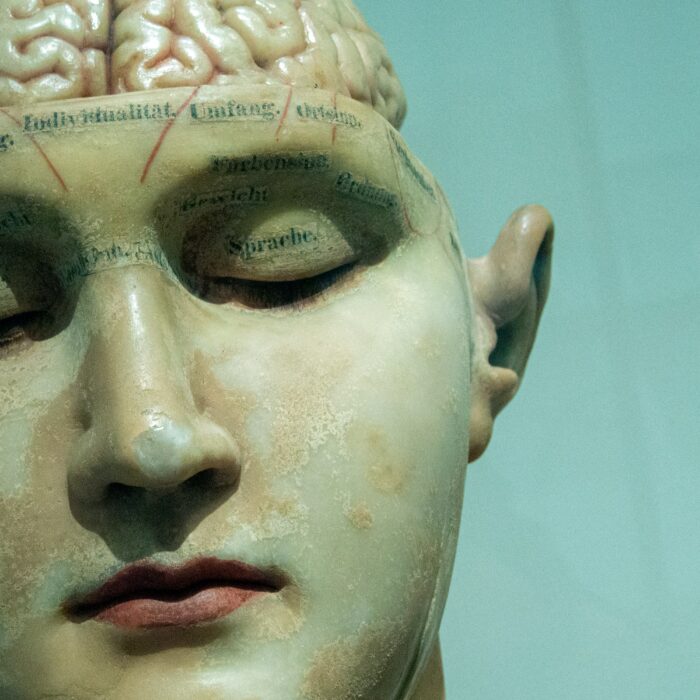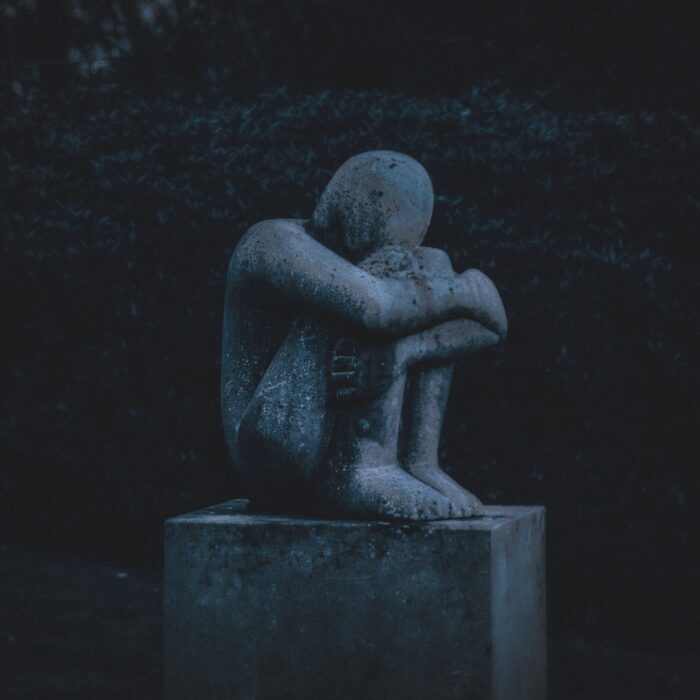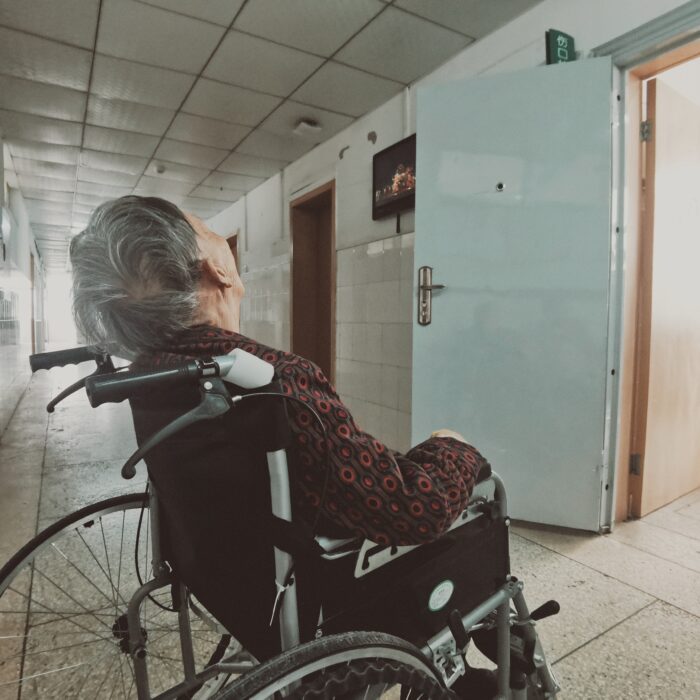You have no items in your cart. Want to get some nice things?
Go shopping
“Out beyond ideas of wrongdoing and rightdoing there is a field.
I’ll meet you there.” Rumi
Zoloft, Xanax, Zyprexa – the three Z’s are being added to my cocktail of meds to keep me alive. Drugs flow into my broken space, altering my chemistry. I don’t want to be numb because I might lose a connection to my loss. Grief flowing through my veins leads to my heart and I’m afraid to acknowledge my flooding desire to be consumed with a pain deep in my bone marrow, because it might swallow me whole. Last night, like the wailing cry of an injured animal, I cried so hard that everyone could hear me. Mania, madness or simply grief of a woman who couldn’t wake up? My relentless thrashing scared a hospital known for labels, order, and compliance, so they moved me to an empty ward and slapped a label on my chart: bi-polar. You’d think that I’d be on my way to hell, but I’m not. Did I mention that I’m in a coma?
The police report says that on Saturday, Oct. 3, I left my office with our 6 year-old daughter and after arguing with my husband. It doesn’t say that I hung up on you because you were upset about something, but you wouldn’t tell me what. It wasn’t that you lied, but that you weren’t telling me something. The more I asked the quieter you became. How could I know what to ask when I didn’t know what you were hiding? So I made an excuse to pick up papers at the office, shutting the door on an unknown lie and our new black marble floors. I can still hear my clicking heels, especially that broken heel without a rubber piece on the end. That missing rubber end meant that the exposed metal screw scratched the surface – scraped travertine, forever marred. I was too angry to change my shoes or maybe I just wanted to hurt you, like I scratched that floor.
An hour later, I had emptied a half a tank of gas calming down. I did things I’d already done once that night, took out cash from the ATM, stopped to buy the same dog food, and even tried to put gas in an almost full tank. A stranger honked to let me know that gas was overflowing, so I decided to drive out to the country. Blinded by the bright light of the setting sun, I ran my hand over the leather seat next to me, searching for the vintage Ray-bans that you bought me. Adjusting them on the bridge of my nose, I looked in the rear view mirror and saw our daughter sleeping. Remember how we used to drive towards the sun to get our baby girl to sleep? It was peaceful on the winding country road passing farms and ranches. As I approached the new cell tower, I thought of all the town’s hysteria over radiation exposure. I should’ve called to say I was coming home, but I just wanted to walk in and lay my head on your shoulder. As if she too knew that it was time to make a u-turn and come home to you, our baby girl woke up. I saw my brown eyes, but it was your smile that pulled at my heart when I looked in the rear view mirror.
“Let’s cook daddy’s favorite, Spaghetti Bolognese, with the little meatballs you love.”
“Does that mean you and daddy aren’t getting divorced?”
“Oh honey, I’m so sorry. Yelling at daddy doesn’t mean we’re getting divorced. I love you both so much.”
That’s when I reached back to extend my hand to her. Just like we do, her tiny hand squeezed mine three times and she said, “Look, our hearts on our bracelets from daddy look like they’re kissing.” We laughed and I reminded myself to repeat what she said to you when I made it home, resolving to be a better parent. “I should’ve told Daddy that I needed his help, not yelled at him. Don’t ever be afraid to ask for help sweetheart,” I said, wishing you could hear me. “Sweet Home Alabama” was playing and we started singing together, off-key, off-kilter, but full of verve.
She was still holding my right hand when something darted across the road. That’s when I realized our bracelets were tangled. Using only my left hand, I swerved. The next thing I knew, we were spinning out of control. It all happened so fast. Our bracelets had separated and my hand was free, but the car slammed into the cell tower. Steel-scraping-steel. The steering wheel airbag exploded, so it took me a moment to unbuckle. I know you can’t hear me from where I am, but I want to tell you that I held her hand. I begged God, to take me, not her. My ears were rang from the metal grating sound, but I found my voice. “Mommy’s so sorry sweetheart,” but I felt her leave long before her hand went cold. Remember her blister from rowing on the river with you? It popped in my hand. Time stopped. I was the first person to hold her and the last to say goodbye – a gift and a curse. You get why I wanted you to hold her before she left this world – right? And as a cruel joke, I could still hear “Sweet Home Alabama,” wafting through the car.
I don’t know how I made it home in the wrecked car, only that I had to place her in your hands before I took the pills. I swallowed grief – first two, then three, then the whole bottle. Each pill a step closer to her. I heard sounds outside my bathroom. Sirens. Rubber shoes squeaking. I heard EMS technicians break down the door, where I lay dying, but it felt peaceful to slip away.
“Poor man, he’s sitting on the front porch sobbing, holding their child.”
“How will she go on if she lives?”
“She’ll probably do it again.”
“I would’ve taken the pills too.”
“Give her husband the photo in her hand.”
“Who’s going to take the child from him?”
“The police will want photos before we take the little girl.”
“Will she be charged with manslaughter?”
Now I’m stuck in a vortex – neither heaven, nor hell. It’s like I’m trapped in the cell tower itself, flowing through the radio waves, emitting a signal that can’t be heard. A fiery-orange harvest moon rose that evening, but by then, the news of my accident eclipsed the eclipse itself. Now all folks can talk about is a suicidal mother and her dead child. It’s as if their mania needed a maniac to feed itself, so there’s a public trial and I’m not invited.
“She was bi-polar,” said one concerned citizen who never met me. “Poor man widowed by a murderer,” said another as if I were dead. Who says these things about a woman in a coma? Don’t they know I sentenced myself to hell long before they did? “Donate my organs, my every tissue. Rip me to shreds and peck me apart like vultures on road kill,” I cried out. Where I am, I remember pain, but I can’t touch it. Memories come to me in waves. Like, the first time I met you when you cupped my hand, tracing the outline of my fingers and drawing a heart in my palm. It was like you knew I needed you before I knew. A loner and an orphan, we shared a dream to be a family. Then came our baby girl. Having never had a family, I feared that dreams of happily ever after were for other people.
“She has your morning blue eyes,” I’d say.
“But she has your heart,” you’d say.
“But she looks at you differently,” I’d say.
“Like I look at you every time I see you baby,” and you’d get the last word in.
I loved our family so much that falling asleep made me cry. Postpartum depression – everyone said. So, I swallowed the prescription and it swallowed me. The alchemy of arresting fears meant no more euphoric days, just a numb day-to-day reality. Mostly I felt transparent, invisible even. Then I just missed us. I wanted to conquer the demon separating me from the living and feel again. Just one day without the pills became two. Then three. Then a bottle abandoned.
Everyone in the office told me not to drive upset. My broker begged me not to get in the car. I saw their shock when I yelled at you on the phone. Realtors behind glass windows judged me – the quiet girl married to the greatest catch in town. Why did I hang up on you? I was the one who disappeared into the landscape, with my head in a book who could go half a day without saying a word. You, that face of us, were the bold one who made everyone laugh in a community ravaged by floods and fires. No they’re all hovering around you, as if my craziness is a back stage pass to you. From where I am, neither inside – nor outside, I see inside people and know their fears. I can see my perceived mania scratching at their vulnerabilities. Like the condemned tower, I’ve exposed our small town to some unknown contagion.
It’s not like you’d expect where I am. I realize how fragile we all are. can see the town as a collective voice, yet I can hear the individual chatter. Like chickens, I see them shaking their heads and making concerned clucking sounds. “She left the scene of the accident to drive home and put that little girl in her poor husbands’ arms. Did you know she was…bi-polar,” they whisper, loud enough for others to shake their heads. But I also see kindness, like the nurse who talks to me every day or the church of strangers praying for me. It’s not like I had a plan. I just wanted to bring her home. Don’t they know you are my home? I could have told you about the animal I swerved to miss, but what was the point? She’s gone and nothing can bring her home. What if I hadn’t stopped taking my meds? Am I a condemned for swallowing a bottle of pills, or judged because I stopped taking them?
I expected you to look at me with hate. It killed me to see your love in your despair. When I’m gone, I want you to remember the photo, not our fight. Back-to-back we stood, my shoulder tucked under your shoulder blade as I pressed into you out in that field by the river. When I laid the back of my head on your shoulder, you squeezed my hand three times – our secret code for I love you. Do you remember the way that you cupped the back of my hand in your palm while I held my pregnant belly with my other hand? I can hear the high school marching band outside the hospital window, reminding of that summer day when you turned and looked at me like you’d never seen me before. The field was full of rhythmic excitement, but I only heard my heart pounding. I looked into your sky blue eyes and knew that every promise I made to myself of not succumbing to the nonsense of love flew out the door. “I could get lost in your whisky brown eyes,” you said. Before you, I felt invisible. Fragile, yet defiantly courageous, I wanted to be that person you saw.
Sounds of humming equipment are fading. I know that you’re holding our photo. I can feel the departure of my pain connecting me to her seeping out. Blame and judgment don’t exist where I am. Like a stained tablecloth hidden at the back of a closet, they’ve kept my accident out of the news, as if I never existed. They’re protecting you, so they say. You know that crazy mothers who kill your little girls won’t sell homes – right? I’m beginning to understand that I was a grief sponge back in a world full of fear. My pain is slipping through my fingers, out of my grasp. There’s no talk of mania, shame, or loss here. I don’t open my eyes to see the light because I feel its warmth. I can’t tell if I’m leaving this earth or coming back, but I smell gardenias like that day I knew I was pregnant. I can hear her voice calling me across an unknown field of the greenest grass.
“I’ll always be your baby girl Momma, but Daddy needs you.”
And I see her blister-free hand,
not with human eyes,
but with my heart.
Your face is buried in your hands. Did you never cry because you had to be strong for me? Your hair is wet from a shower, but I can smell the lingering scent of hospital soap. We’re not Jewish, but you’re speaking with a Rabbi.
“Rabbi, I was upset, but I didn’t tell her why. And you know why? Hair. Seriously, hair. One thing about girls is that there’s always hair. I felt like I was in a Hitchcock film. Instead of birds, there was hair…everywhere. Clogging the drain on our old iron tub, on brushes, on the floors. The more I cleaned, the more I found. It’s my fault for not telling her what upset me. I let her imagination run wild, because I was mad. And all because I was a petty coward annoyed by hair.
“Most of us don’t fight about what’s really bothering us.”
“What if she doesn’t want to wake up? She thinks she’s a murderer.”
“What if it was…just an accident?” asks the rabbi.
“If it wasn’t for the pills for depression, we’d be just another couple who had a fight.”
“Did you know that Princess Diana threw herself down stairs while pregnant, hoping to put an end to her unhappiness? We can’t begin to understand that kind of pain.”
‘I should’ve talked to her about not taking the pills, but I was a coward. I love my wife and our daughter so much. Death isn’t the worst thing. Living is.”
I can feel your grief, even in my benign state. I’m flooded with smells, like the hospital soap on your skin and the gardenias you brought. I’m struck by how your irreverent charm has been replaced with the deepest grief. You look as if you’ve shrunk, fragile almost and your contagious laughter is absent.
“Father, err…I mean Rabbi, I appreciate you not telling me that God has a plan or works in mysterious ways.”
“I’m offering you nondenominational counsel as a man who knows loss.”
“Why go on living?”
“Hope,” says the Rabbi. “Grief can be a gift. It breaks and remakes us, bringing us closer to our strongest sense of self.”
“What if she never wakes up?”
“You’ll learn to live with loss, but you won’t get over it. What have the doctors told you?”
“That the best way to keep suicides from dying is to do as little as possible and that she’s in a place where she can begin to heal.”
“I won’t lie to you. Most families come apart with a loss like this, but you have what you need within you to come through the other side.”
“Sometimes I cry. Sometimes I hold back my wish to scream and spout anger at God, but mostly, I’m hollow.”
“Self-preservation cripples us. We live in a society that requires labels so we can look away. Fear drives us to look for labels like manic-depressive, or suicidal, or homeless, so that we can convince ourselves that we’re safe. But, we have it within our souls to find our hidden light and strength.”
“I wasted so much time worrying, rather than just loving.”
“We all do things we regret in relationships, but we all go to the same place in the end. One of grief’s gifts is that we’re stripped down to the love of the relationships that we had.”
I hear wooden shoes walking away. Clippity-clack. “Son, there’s one thing that would be worse than your little girl’s death.” I’m waiting for your words, but instead the Rabbi continues,
“The only thing that would be worse than one death would be two.”
Time isn’t linear here; it can be fast and slow at the time. There’s no fear or blame, just a sense of mercy and grace. Yet, I long to just to feel the sun on my skin and the wind in my face. I feel gravity pulling me to you, but I don’t want fear and sadness to return. Maybe this is bi-polar – a tug between two worlds where you are never complete in one without the other. Resurrection, the voyage to the land of the dead and back again is mine. Perhaps because I feel my synapses flooded with dopamine, I want to spread goodwill to others, but it’s you I need. I turn my hand upside down in yours. Cupped in your hand, palm exposed, I submit to the unknown. Such a simple movement. I can hear you calling the nurses. I grab your wrist. I’m surprised by my strength. Rather than leave my hand upside down in yours, I slip my fingers into yours, locking our fate. The size of your hand nearly swallows me, but I’m holding on to you – my lifeline.
“Where’s the Rabbi?” I ask.
“Rabbi? There’s no Rabbi, but I’m here sweetheart.”
As I hold his head against my stomach I can’t imagine our life without our child, but I’m back in the land of the living, where rage, despair, and serenity coexist in the space of love. I’m home.

About LaVonne Roberts
LaVonne Roberts is a social entrepreneur best known for her role in the formation of XOOM, where she was a founding shareholder. After participating in multiple public and private financing totaling almost $400M pre IPO, XOOM merged with GE’s NBC Internet assets, resulting in the formation of NBC Internet, the first global integrated media company. After many lives, Ms. Roberts decided to find her voice in a lifelong passion – writing. An orphan herself, she is most passionate about being a mom, pursuing anMFA in Creative Writing, and helping orphans who have aged out of foster care find their voices through higher education.





Beautifully written story by Lavonne. Full of emotion and descriptive detail. You felt as though you were right there with the narrator.
This is wonderful on so many different levels. The pathos and perspective. The look at how random and superficial events can wreck our destinies. But that hope and redemption remain possible. Not to mention the spot-on voices, the fine writing, and amazing imagery. Very well done.